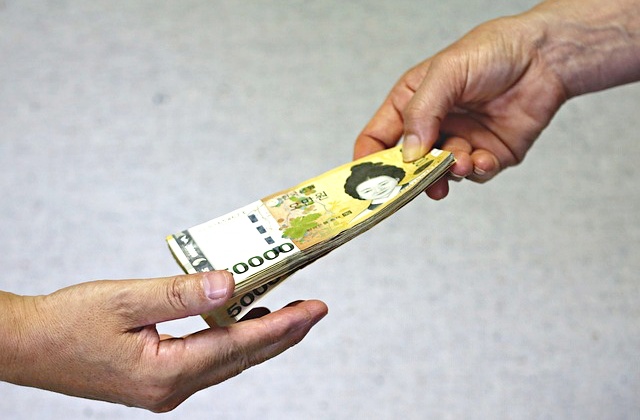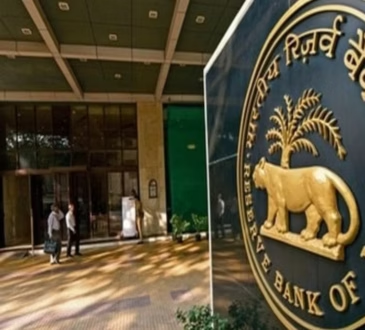
Asian currencies traded largely range-bound on Monday, with the Chinese yuan flat after the People’s Bank of China (PBoC) kept its benchmark lending rates steady, while the Japanese yen strengthened slightly following election results in Japan.
China’s central bank left the loan prime rate unchanged at historic lows, in line with market expectations. The decision came after second-quarter GDP figures slightly beat forecasts, signaling economic resilience amid improving U.S.-China trade sentiment. The onshore USD/CNY and offshore USD/CNH remained largely steady in response.
Meanwhile, the Japanese yen edged higher as political uncertainty weighed on market sentiment. Prime Minister Shigeru Ishiba’s Liberal Democratic Party and its coalition partner Komeito lost their majority in the upper house, securing only 47 of the 50 seats needed. Despite the setback, Ishiba confirmed he would remain in office, calming investor concerns over policy disruptions. The USD/JPY pair dipped 0.2%, supported by renewed speculation of a near-term Bank of Japan rate hike.
Analysts from ING noted that political uncertainty in Japan could impact upcoming tariff negotiations with the U.S. and broader fiscal policy. They also highlighted that the BoJ is likely to wait for clarity on U.S. trade policies before adjusting interest rates.
The U.S. Dollar Index remained largely unchanged during Asian trading hours.
Elsewhere in Asia, most currencies showed muted moves. The South Korean won weakened slightly, with USD/KRW rising 0.1%, while the Singapore dollar was flat. The Australian dollar fell 0.1% against the greenback. The Indian rupee declined, with USD/INR up 0.2%, and the Thai baht saw a 0.3% drop.
Investors remain cautious ahead of a potential U.S. tariff decision by August 1, keeping regional currency movements subdued.




